Bipolar disorder is a complex mental health condition that affects mood, energy levels, and cognitive functions. One symptom that many individuals with bipolar disorder experience is paranoia. While not always present, paranoia can manifest during manic and depressive episodes, creating distress for those affected. Understanding the link between bipolar and paranoia is essential in developing better coping strategies and treatment plans.
What Is Bipolar Disorder?
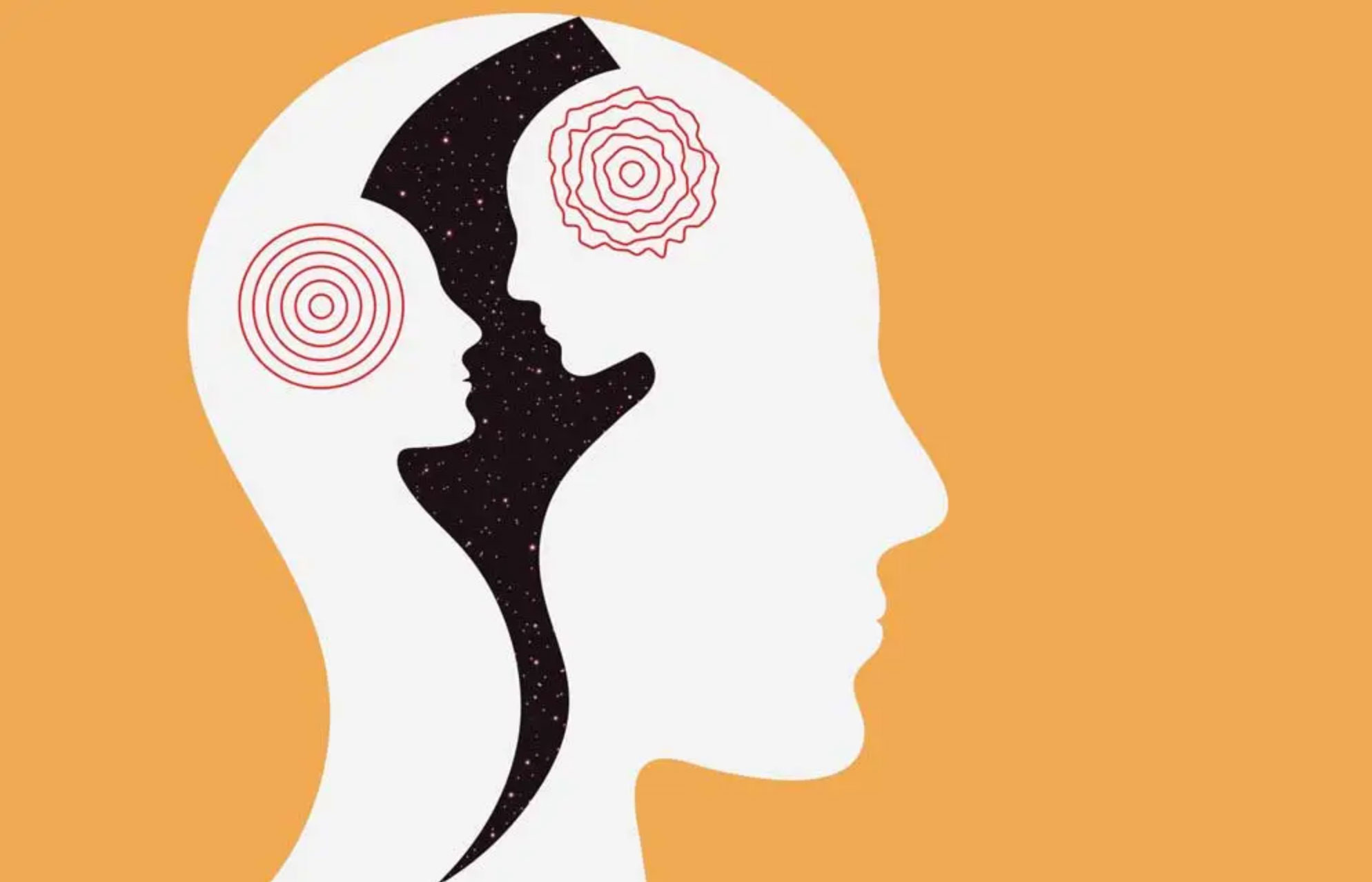
Bipolar disorder is a mood disorder characterized by extreme shifts in mood, energy levels, and behavior. These mood episodes are categorized as manic, hypomanic, or depressive. During manic phases, individuals may experience excessive energy, impulsivity, and grandiosity, whereas depressive episodes bring feelings of sadness, hopelessness, and fatigue. These fluctuations greatly impact an individual’s daily life and relationships..
Understanding Paranoia
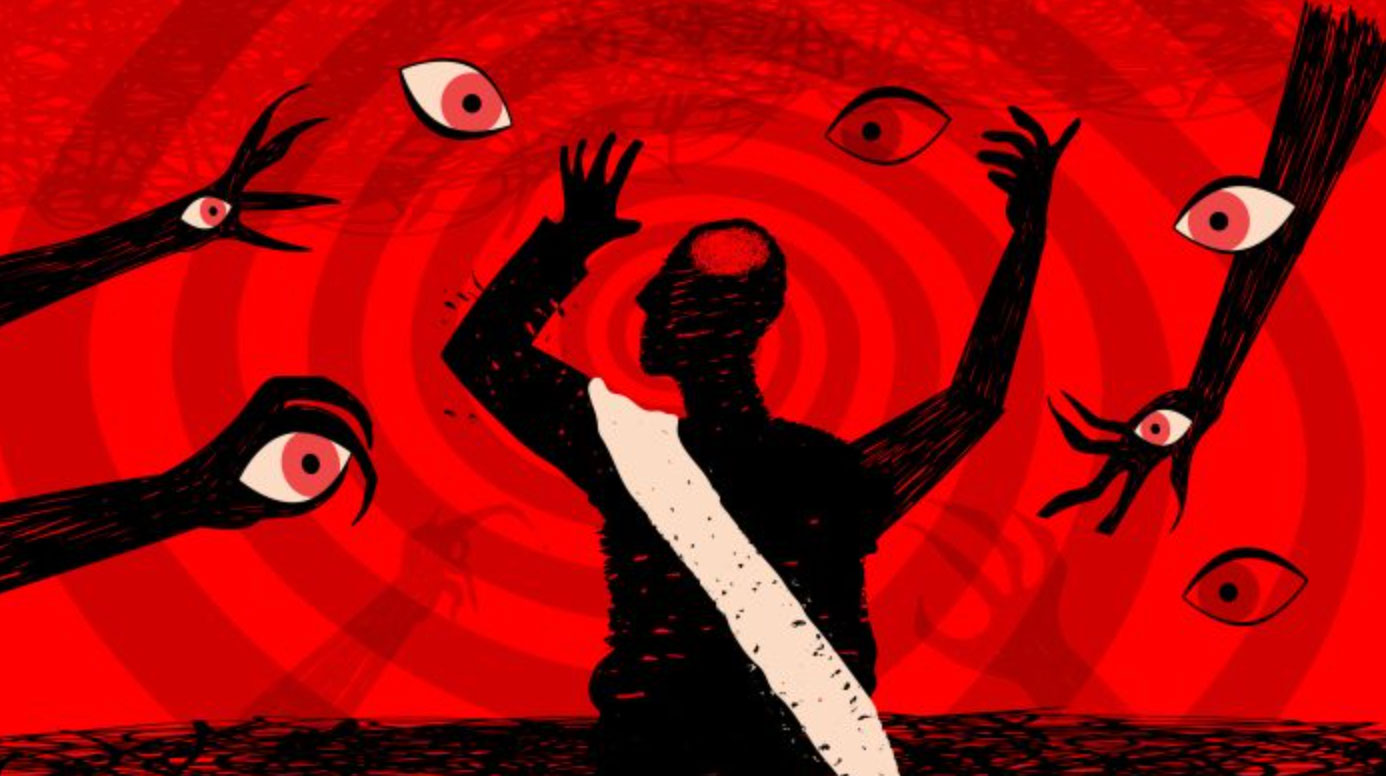
Paranoia is an irrational feeling of distrust or suspicion. Individuals experiencing paranoia may believe that others are plotting against them or that they are being watched or persecuted. Paranoia can range from mild to severe and is commonly associated with mental health disorders such as schizophrenia, delusional disorder, and bipolar disorder..
How Paranoia Manifests In Bipolar Disorder
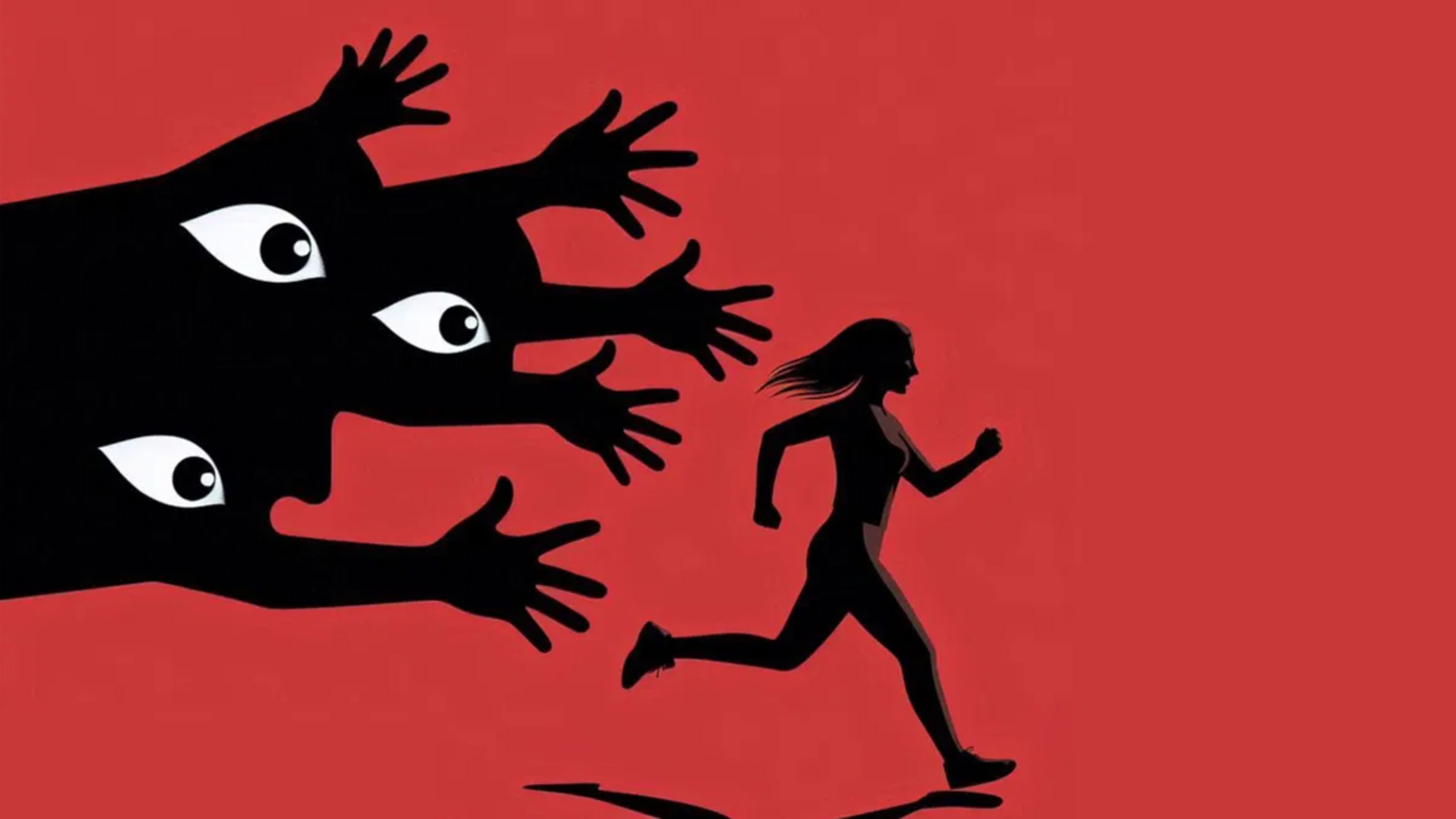
Paranoia in bipolar disorder typically appears during manic or depressive episodes. In a manic episode, a person may develop grandiose delusions and believe they are being sabotaged. In a depressive phase, paranoia may arise in the form of excessive worry or irrational fears about others' intentions. These symptoms can worsen if left untreated, leading to significant distress..
The Connection Between Bipolar And Paranoia
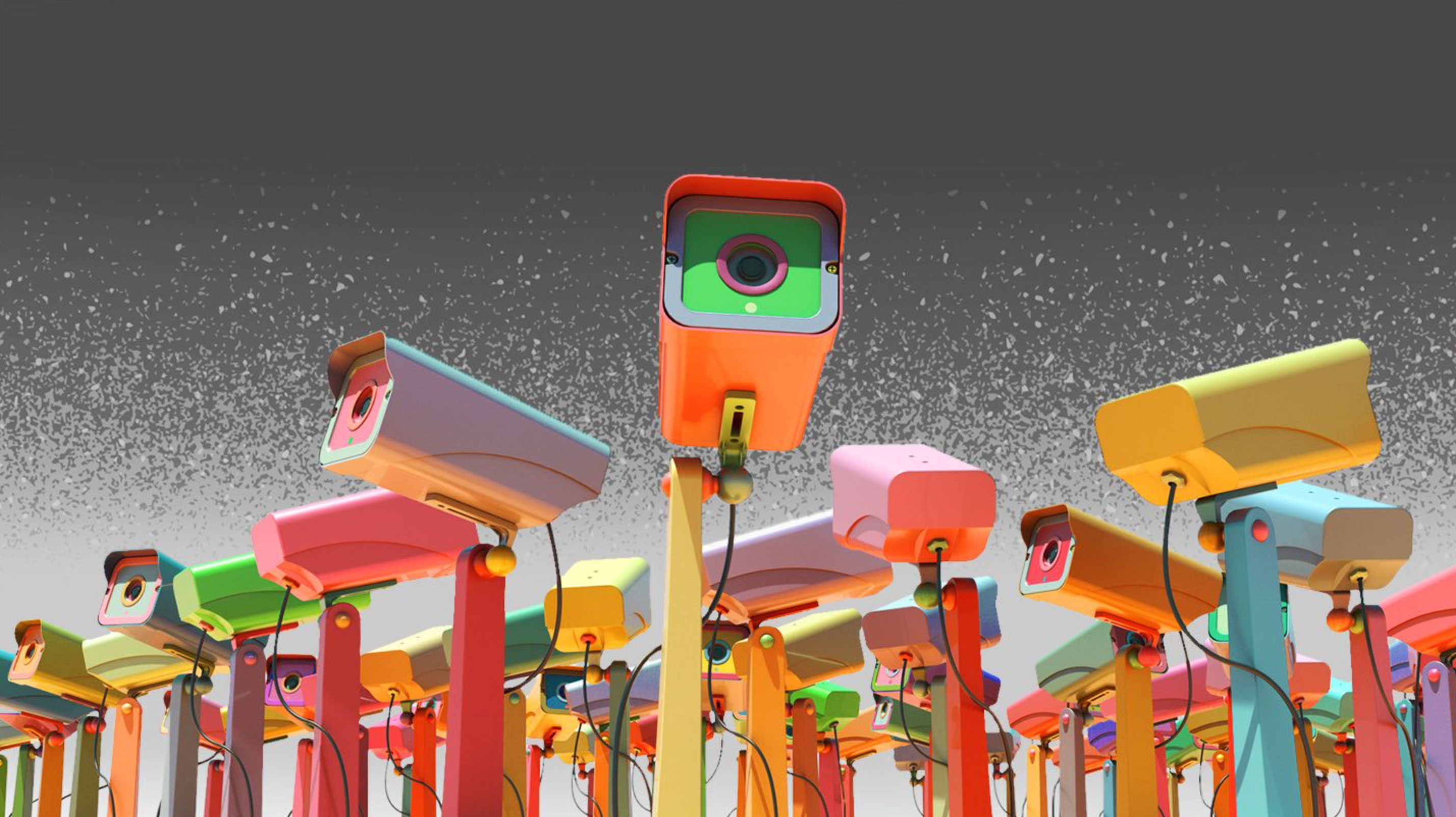
The link between bipolar disorder and paranoia lies in the brain’s neurological and chemical imbalances. During mood episodes, heightened emotions, disrupted cognition, and impaired judgment can contribute to paranoid thoughts. The stress of managing a severe mood disorder can also intensify feelings of mistrust and anxiety, further fueling paranoia..
Risk Factors For Developing Paranoia In Bipolar Disorder

Certain factors increase the likelihood of experiencing paranoia with bipolar disorder. These include a family history of psychosis, severe manic or depressive episodes, substance abuse, lack of treatment adherence, and high levels of stress. Recognizing these risk factors can help individuals and caregivers seek timely intervention..
Treatment Options For Bipolar And Paranoia
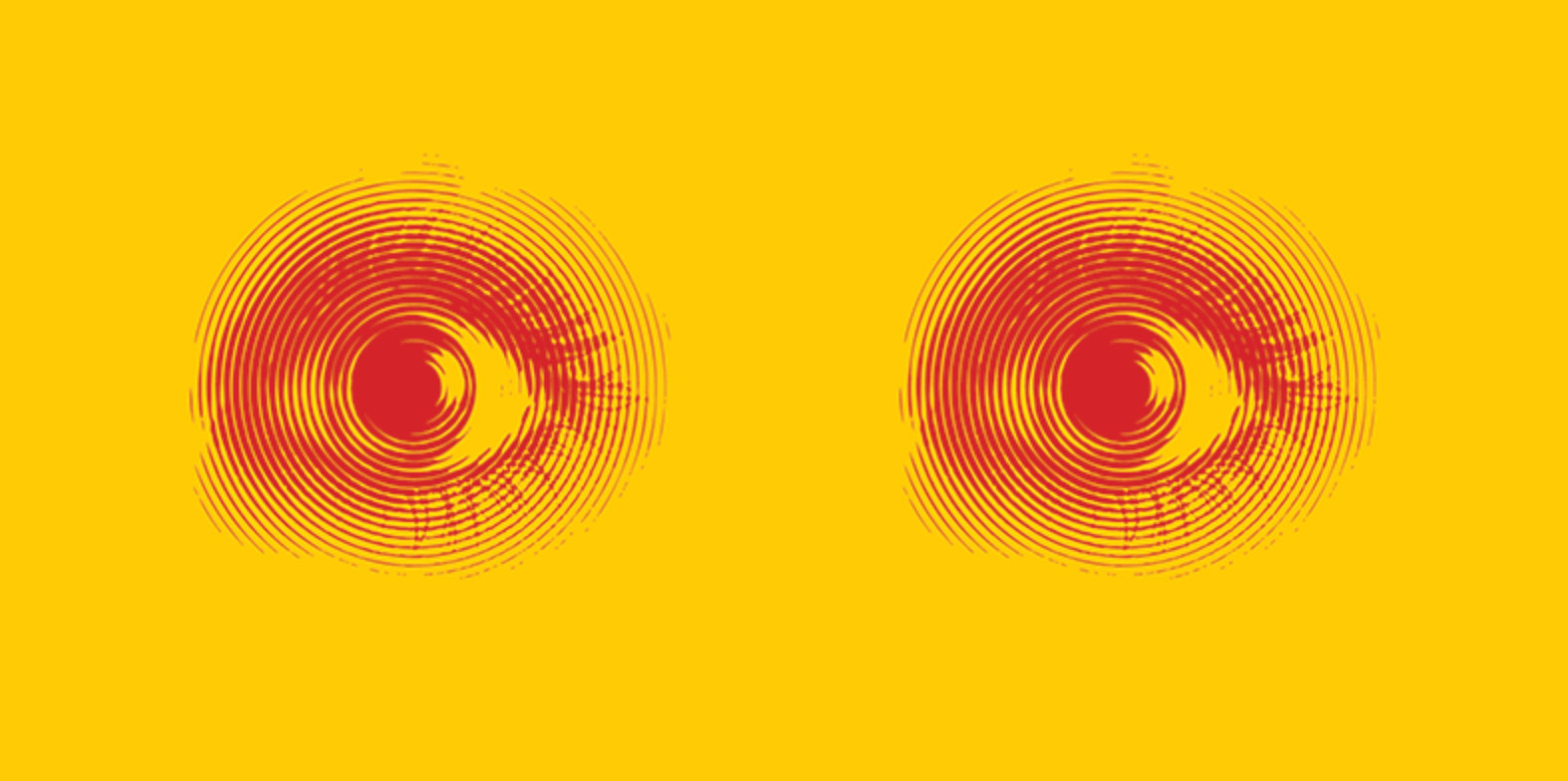
Managing bipolar disorder and paranoia requires a comprehensive treatment plan. This may include mood stabilizers, antipsychotic medications, and psychotherapy. Cognitive-behavioral therapy (CBT) can help individuals recognize paranoid thoughts and develop coping strategies. A consistent medication regimen and lifestyle changes also contribute to symptom management..
Coping Strategies For Individuals And Caregivers

Individuals dealing with bipolar and paranoia can benefit from mindfulness practices, stress reduction techniques, and maintaining a structured daily routine. Building a strong support system and engaging in regular therapy sessions are crucial steps toward stability. Caregivers can assist by offering reassurance, monitoring symptoms, and encouraging treatment adherence..
When To Seek Professional Help

If paranoia becomes persistent or starts interfering with daily life, seeking professional help is essential. Symptoms such as extreme distrust, hallucinations, or dangerous behaviors require immediate medical attention. Early intervention can prevent complications and improve quality of life for individuals struggling with bipolar disorder and paranoia..
The relationship between bipolar and paranoia is complex, but with the right treatment and support, individuals can manage their symptoms effectively. Understanding the triggers, seeking therapy, and following a structured treatment plan can significantly improve mental health outcomes. If you or a loved one is experiencing symptoms of bipolar disorder and paranoia, reach out to a healthcare professional for guidance and support.


